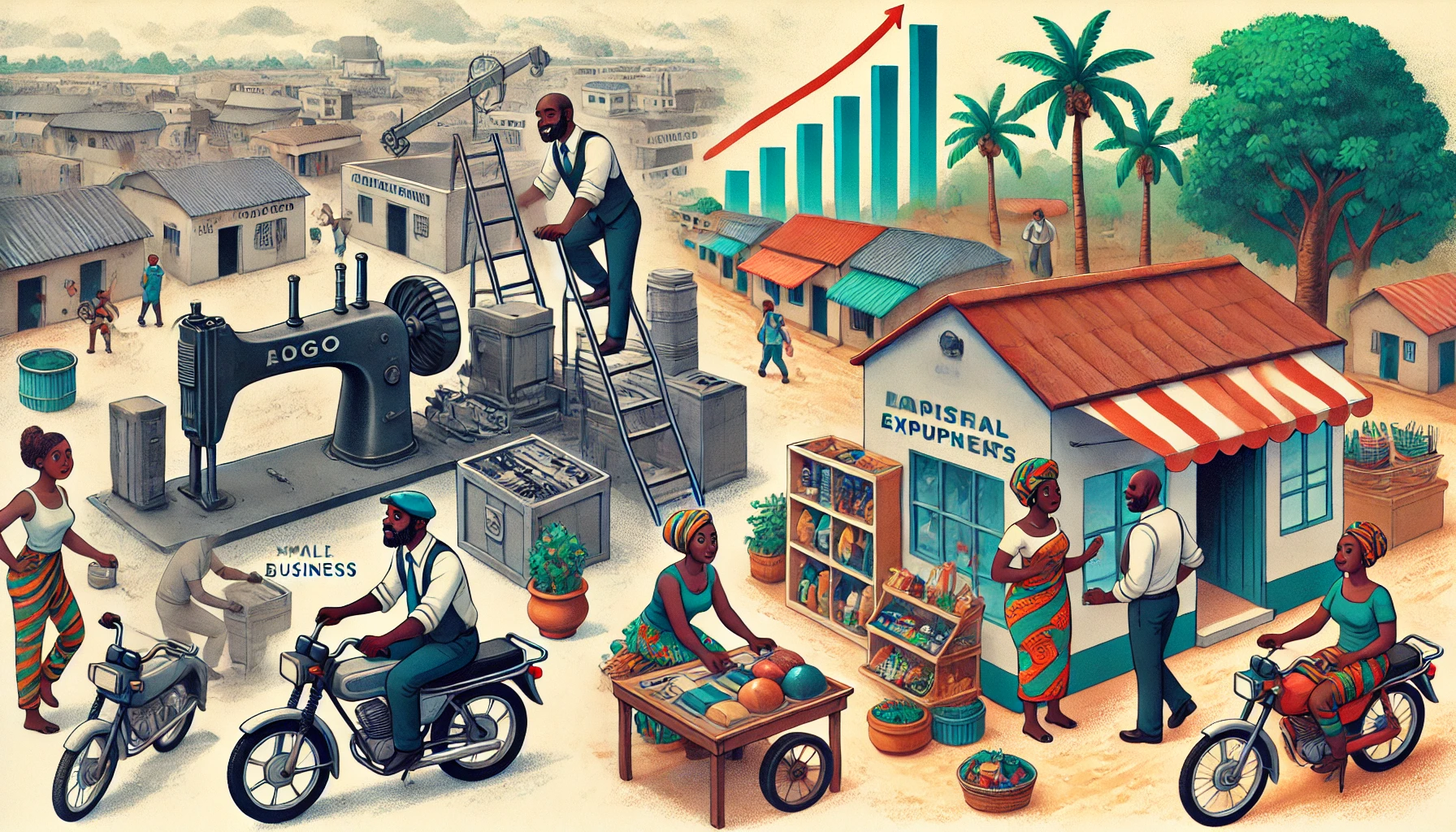World Bank Urges Togo to Deepen Reforms and Boost Private Investment
Despite global economic headwinds, Togo’s economy is projected to grow 5% in 2025 and 5.4% in 2026, reflecting strong resilience.

- Country:
- Togo
Togo has enjoyed robust and stable economic growth over the past decade, but the country now faces new challenges in an increasingly volatile regional and global context, according to the World Bank’s latest economic update, Boosting Growth in Times of Uncertainty. The report emphasizes that while Togo’s economy remains resilient, sustaining progress will require bold reforms to stimulate private sector-led growth, strengthen fiscal space, and ensure inclusive development.
Growth Outlook Amid Global Uncertainty
Despite global economic headwinds, Togo’s economy is projected to grow 5% in 2025 and 5.4% in 2026, reflecting strong resilience. However, the report stresses that the country must move beyond short-term stability to build long-term growth potential, reduce poverty, and tackle regional inequalities.
“To reduce the poverty rate below 10% and reach upper-middle-income status by 2045, Togo would need to maintain growth above 6%,” explained Justin Beleoken Sanguen, Acting Resident Representative for Togo. “This will require far-reaching reforms to unlock private investment and generate more productive jobs.”
Strengthening Fiscal Space
The report underscores the importance of restoring fiscal space to maintain economic stability while safeguarding essential services. This includes ensuring sufficient resources for development spending and productive public investment.
“Implementing ambitious tax reforms is essential to strengthen the state’s capacity to finance development and deliver quality services,” said Marc Stocker, Lead Economist and co-author. He added that reforms in public financial management and broadening the tax base will help create a business-friendly environment that fosters innovation and private-sector growth.
Priorities for Reform
The World Bank outlines several critical areas where reforms can help Togo achieve inclusive and sustainable growth:
-
Institutional and regulatory frameworks: Strengthening the rule of law and reducing administrative bottlenecks to attract private investors.
-
Climate risk integration: Ensuring that policies and investments account for environmental vulnerabilities to build resilience.
-
Transparent procurement and governance: Improving accountability in public spending and project management.
-
Public-private partnerships (PPPs): Encouraging private participation in infrastructure, energy, and digital services.
-
Human capital development: Expanding access to education, skills training, and healthcare to address inequality and boost productivity.
“The fiscal consolidation strategy that the government has put in place is important to preserve debt sustainability and the quality of public services,” said Nimonka Bayale, Economist and co-author of the report. “It should be clearly communicated to the public and supported by transparency and accountability initiatives.”
Balancing Stability and Opportunity
Togo’s progress over the past decade demonstrates that resilience is possible even in fragile contexts. Yet, the World Bank warns that the country must shift from reliance on public investment to a model where the private sector drives growth and job creation.
By strengthening fiscal management, investing in human capital, and expanding opportunities for private enterprise, Togo could achieve not only higher growth rates but also reduce poverty and regional disparities, laying the foundation for its long-term goal of upper-middle-income status by 2045.









